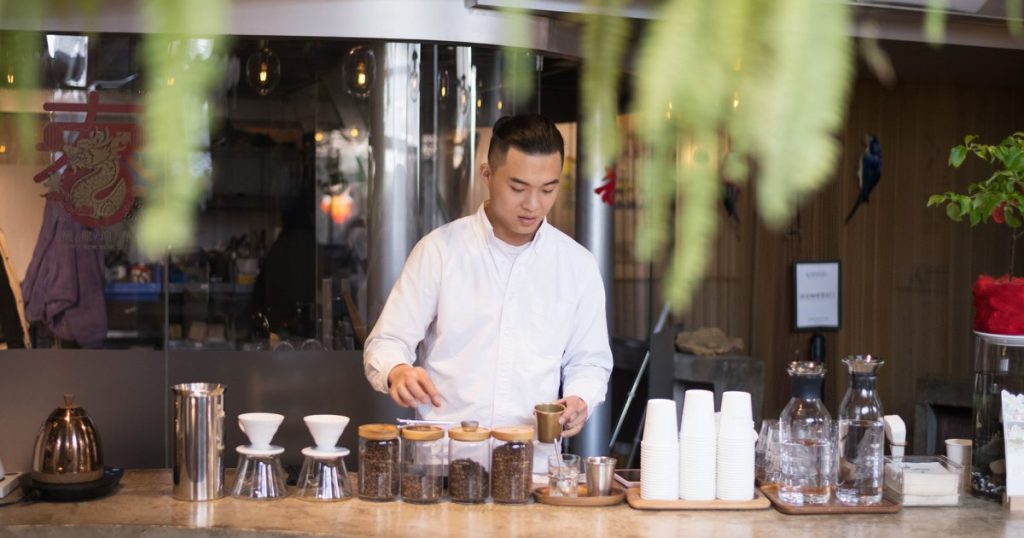China has seen a significant rise in coffee consumption in recent years, with the country surpassing the United States in the number of branded coffee shops. This growth in the coffee market has been driven by a shift in lifestyle preferences, increased disposable income, urbanization, globalization, and the proliferation of both domestic and foreign coffee chains. Chinese consumers now have a wide range of options when it comes to coffee, from traditional Americanos to unique flavors infused with local ingredients like Chinese liquor. While tea remains an essential part of Chinese culture, coffee’s popularity has surged among young, middle-class individuals looking for an energy boost to keep up with the pressures of a competitive job market.
The demand for coffee in China is expected to reach 5 million bags in the 2023-24 season, making the country the seventh-largest consumer of coffee in the world. Domestic coffee chains such as Luckin have played a significant role in driving the growth of the coffee market, with Luckin overtaking Starbucks as the largest coffee chain in China. This expansion has been fueled by factors such as competitive pricing, convenient ordering and delivery services, and the incorporation of traditional Chinese flavors into menu offerings. The success of Luckin and other Chinese coffee chains highlights the localization of coffee culture in China, with an emphasis on catering to the preferences of Chinese consumers in terms of ambience, service, and menu options.
While foreign chains like Starbucks have faced increased competition from domestic players, they have also been focusing on adapting to Chinese tastes by adjusting menu options, forming partnerships with local businesses, and offering unique products inspired by Chinese cuisine. Starbucks, which has been in China since 1999, remains optimistic about the potential for growth in the Chinese coffee market. The company has emphasized the importance of innovation and quality in capturing sustainable growth in the premium market. As coffee consumption becomes more ingrained in Chinese culture, both domestic and foreign chains can expect continued growth by expanding into smaller cities and rural areas.
The rise of coffee culture in China has not only attracted younger consumers seeking an energy boost but has also begun to appeal to older demographics. The availability of a wide variety of coffee options, convenience in purchasing, and the addictive nature of caffeine have contributed to the growing popularity of coffee among Chinese consumers of all ages. As coffee shops continue to proliferate in China, with outlets growing almost 58% in 2023 alone, it is clear that coffee has become an increasingly important beverage for many people in the country. From traditional coffee chains to unique local cafes, the Chinese coffee market offers a diverse and dynamic landscape for both consumers and businesses looking to tap into the growing popularity of coffee culture in China.















